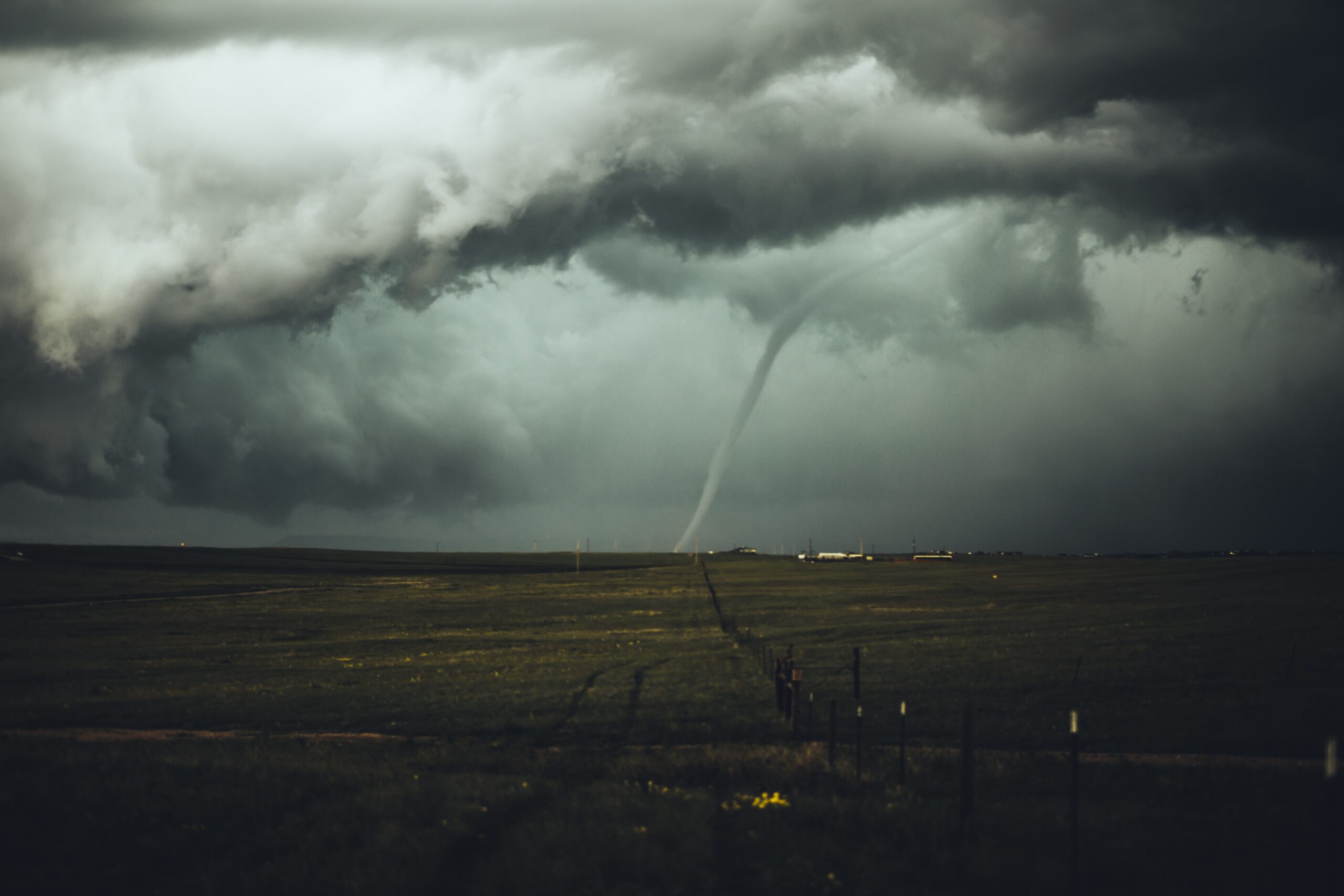When the tornado alert seizes our phones with the noise and light of potential disaster, we scan the horizon, assess the greenish tint of the wall cloud. The kids cannot be fooled, and yet we try. Slipping flashlights into our pockets, tying our tennis shoes, we shuffle everyone into the walk-out basement. It’s just a precaution, we say, turning the tv on for distraction. In the windowless laundry room, my wife and I plug in the laptops, watch the red swirl on the radar images. What are you watching, the kids say, is it coming? I slip from our basement into the garage, then onto the driveway, listening for the continuous roar of cloud rotation.
And standing there on the driveway, I remember first hearing the phrase: therapeutic lie. Counselors offered it like a gift when we moved my father into a memory care unit, telling him he would take a special course of treatment that might help him improve. Therapeutic lies are told to make others feel better, to take away their fear when there’s nothing left to be done—a new clinical term for something old, so old we all know it intimately, instinctively. When the predator comes, or the flood, or the bloodwork.
I return to find the kids clinging to my wife in the laundry room, looking at the radar. It’s possible we’ll get a direct hit. This storm will be gone in just twenty-four minutes, my wife consoles them, as I open the utility closet in the corner of the room so we can access the crawlspace under the stairs. It’s just a precaution, we tell the children, just in case.
Everyone dies alone, they say, and I’ve seen it, imagined it—the fear of that loneliness blunted only by the knowledge that your kids and theirs will survive. And as my wife and I hold our crying oldest boy, our stoic youngest, as the power goes out, and the dog trembles against our legs, and the storm outside grows ever louder, we bathe in the glow of our now un-refreshable screens—no data left to help us predict. We grip our kids, smell their hair, tell them what they, and we, need to hear. Something old and holy, a truth, nestled in a lie, nestled in another truth: this will be over soon, we say, everything will be okay.
—
Matthew Harkins teaches writing and literature at a college in rural Minnesota where he also directs a reading series for visiting creative writers. His articles on English early modern literature have appeared in a number of critical journals. His recent creative work appears in Club Plum and Anti-Heroin Chic.
Photography by: Nikolas Noonan
